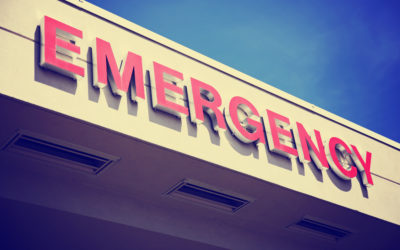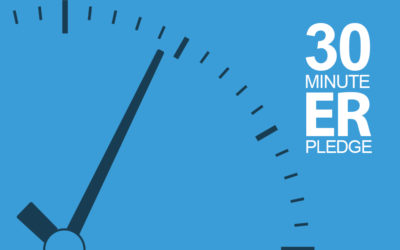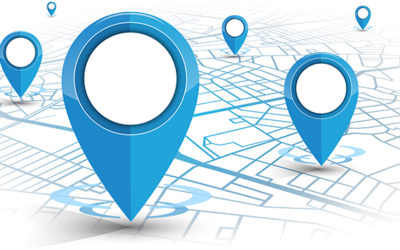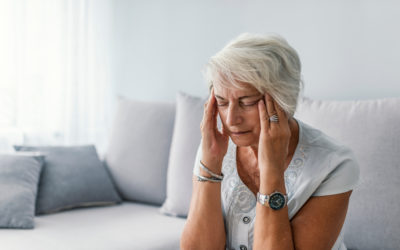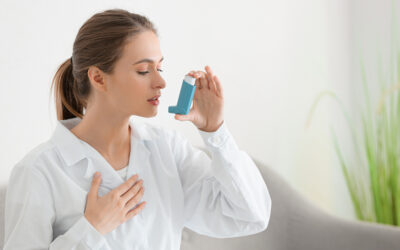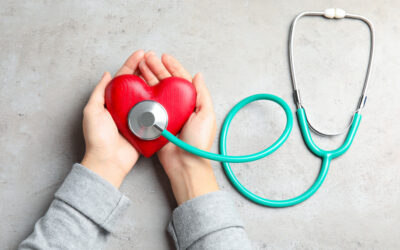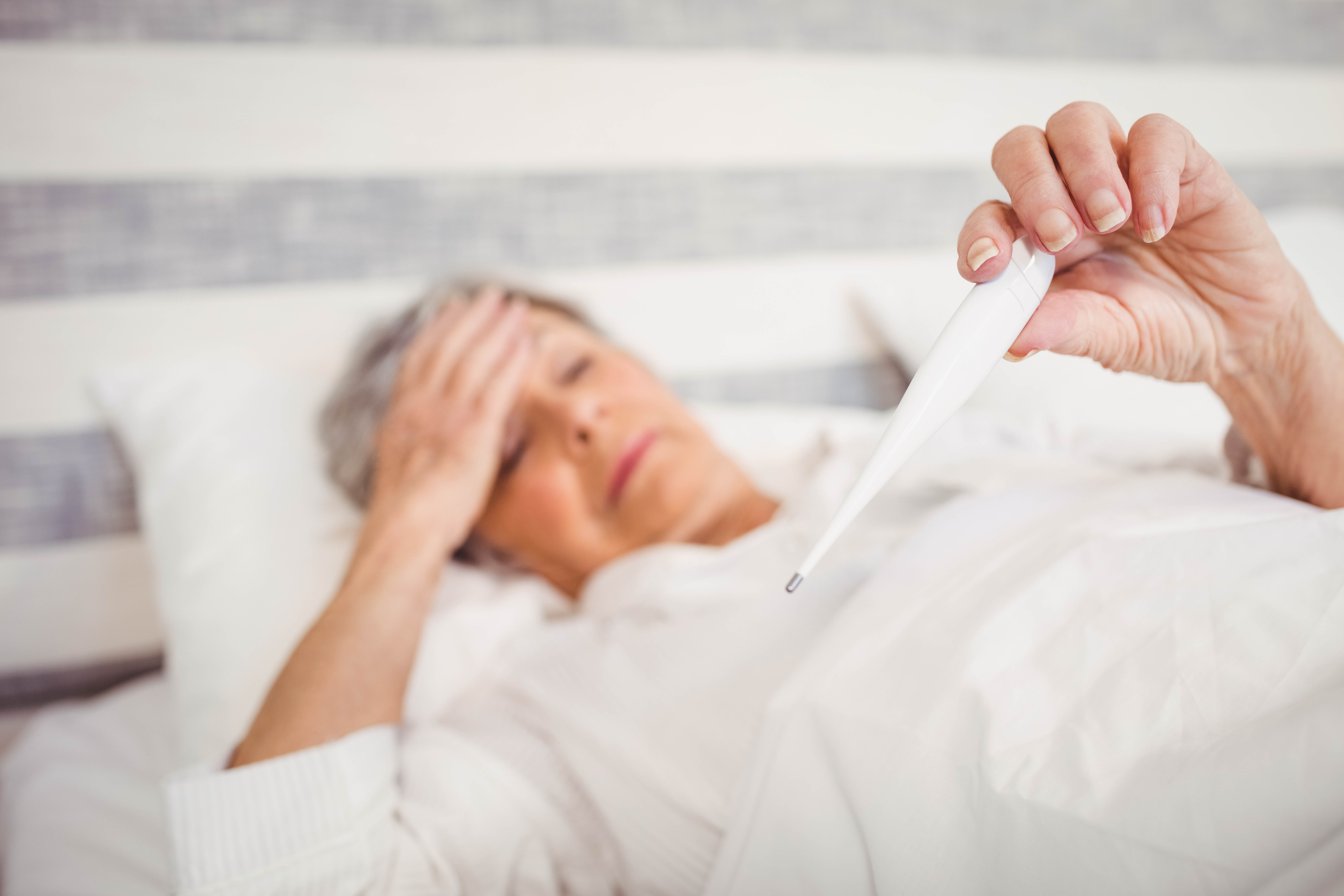Chronic Obstructive Pulmonary Disease (COPD)
Chronic obstructive pulmonary disease (COPD) is a long-term lung condition that makes it harder to breathe in and out. COPD can worsen over time, but there are steps you can take to maintain your health as much as possible.
What causes COPD?
- Smoking (the most common cause)
- Long-term exposure to fumes, smoke, or chemicals
- Inherited genetic conditions
What are the signs and symptoms?
- Shortness of breath (can be constant, come and go, or worsen with activity)
- A long-term cough, with or without thick mucus
- Wheezing
- Chest tightness
- Feeling tired
- Trouble doing activities you used to do
How is COPD diagnosed?
Your provider may diagnose COPD based on:
- Your medical history
- A physical exam
- Lung function tests, such as measuring how quickly you can blow air out of your lungs
- Additional tests, including:
- Chest X-ray
- CT scan
- Blood tests
How is COPD treated?
Treatment for COPD may include:
- Quitting smoking to slow the progression of the disease
- Oxygen therapy, if prescribed
- Medications, which may include:
- Daily inhalers: taken every day to prevent symptoms and reduce flare-ups
- Quick-relief inhalers: used when needed for short-term symptom relief
- Other inhaled or oral medications to open airways, thin mucus, or treat infections
- Breathing exercises to help control your breath
- Devices to clear mucus if you have thick secretions
- Pulmonary rehabilitation, where you can learn about your condition and how to manage it
- Surgery, in some cases
Home care instructions
Medication
- Always take your medicine as directed by your provider.
- Consult your healthcare provider before using any cough or allergy medications, as some can cause your airways to dry out.
Lifestyle
- Wash your hands often with soap and water for at least 20 seconds.
- Avoid being around people who are sick.
- Do not smoke or use any products containing nicotine or tobacco.
- Stay active but learn to pace yourself throughout the day.
- Practice breathing techniques and stress management.
- Drink enough fluids to keep your urine a pale-yellow color.
- Eat healthy foods and smaller, more frequent meals.
- Get enough sleep—most adults need seven or more hours per night.
General recommendations
- Make a COPD action plan with your provider so you know what to do if your symptoms worsen.
- Stay up to date on vaccines.
- If you use home oxygen therapy, ask your provider how often to check your oxygen level with an oximeter.
- Keep all follow-up appointments to review your action plan and monitor your health.
When to contact your health care provider:
- You cough up more mucus than usual
- There’s a change in the color or thickness of your mucus
- It becomes harder to breathe than usual, or you feel short of breath while resting
- You need to use your quick-relief inhaler more often
- You struggle to do everyday activities like dressing or walking around your hom
- Your skin or fingernails turn blue
- You develop a fever or chill
Get emergency help right away if:
- You are so short of breath you cannot:
- Talk in full sentences
- Do your normal activities
- You have chest pain
- You feel confused
These symptoms may signal a medical emergency. Call 911 immediately.
- Do not wait to see if symptoms improve.
- Do not drive yourself to the hospital
This information is not intended to replace advice given to you by your healthcare provider. Make sure you discuss any questions you have with your healthcare provider
Related Services and Conditions
ER
In a medical emergency, every minute matters. That’s why we work diligently to have you initially seen by a medical…
ER 30 Minute Pledge
In a medical emergency, every minute matters. That’s why, at Evanston Regional Hospital, we work diligently…
ER Directions
Health care starts with you. If you’re experiencing symptoms, it’s up to you to pay attention and decide how to respond…
ER Team
Valley View Emergency Physicians is now providing care at Evanston Regional Hospital. Most of the physicians are…
ER Visit
A trip to the ER can often be stressful or scary- but it doesn’t have to be. A few minor preparations can help your visit go…
When to go to the ER
Minor illnesses can often wait, but some symptoms always demand immediate medical attention. These can include…
Abdominal Pain
Abdominal Pain in Adults When to Monitor at Home—and When to Seek Medical Help Abdominal (belly)...
Asthma
Asthma: Know the Signs, Manage the Triggers, Get Help Fast Asthma is a chronic condition that...
Chest Pain
Chest Pain: When to Seek Emergency Care Chest pain can have many causes. Some are life-threatening...
Fever, Adult
Fever-Adult A fever is a body temperature of 100.4°F or higher. Mild or short-term fevers...

